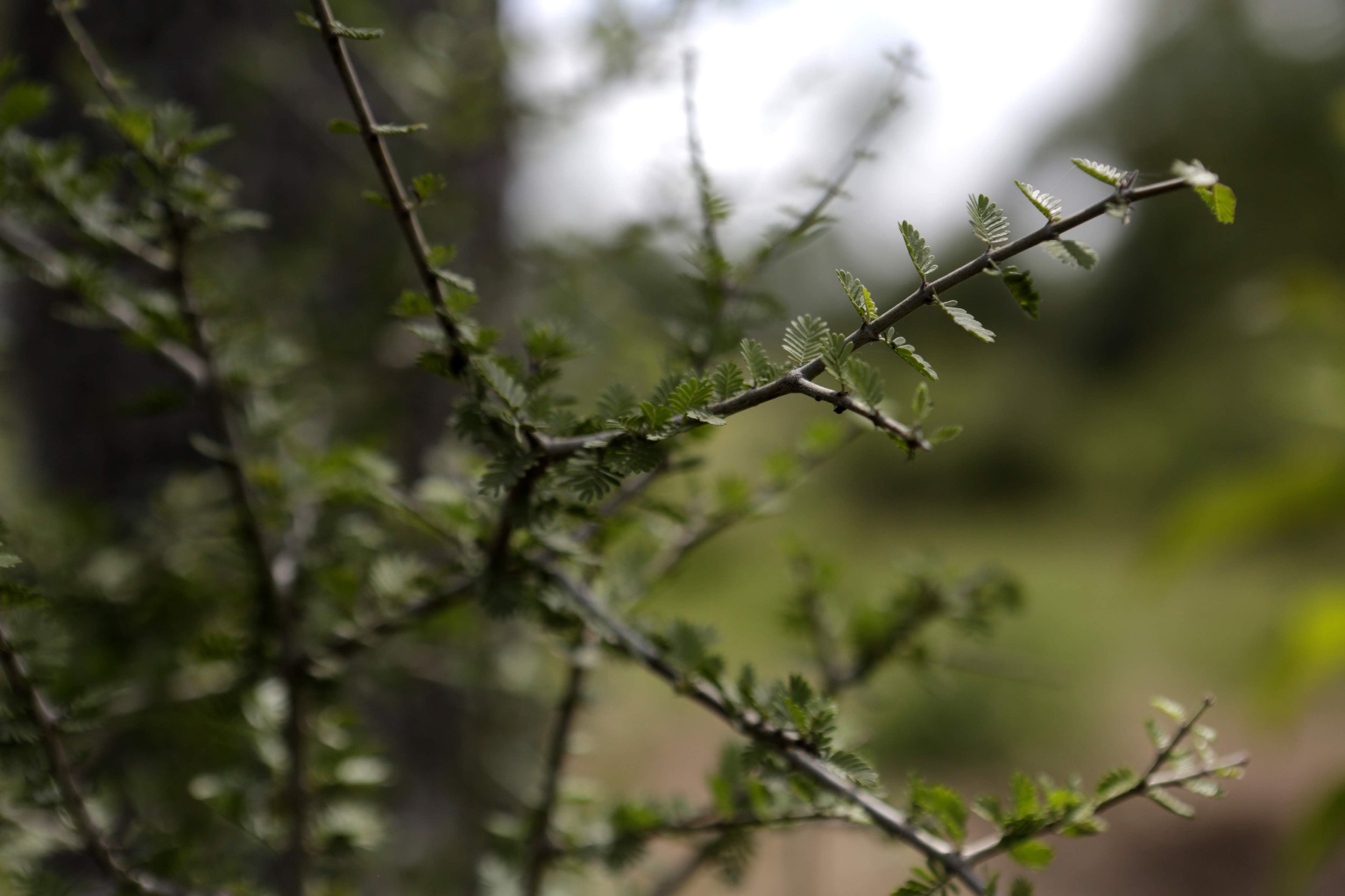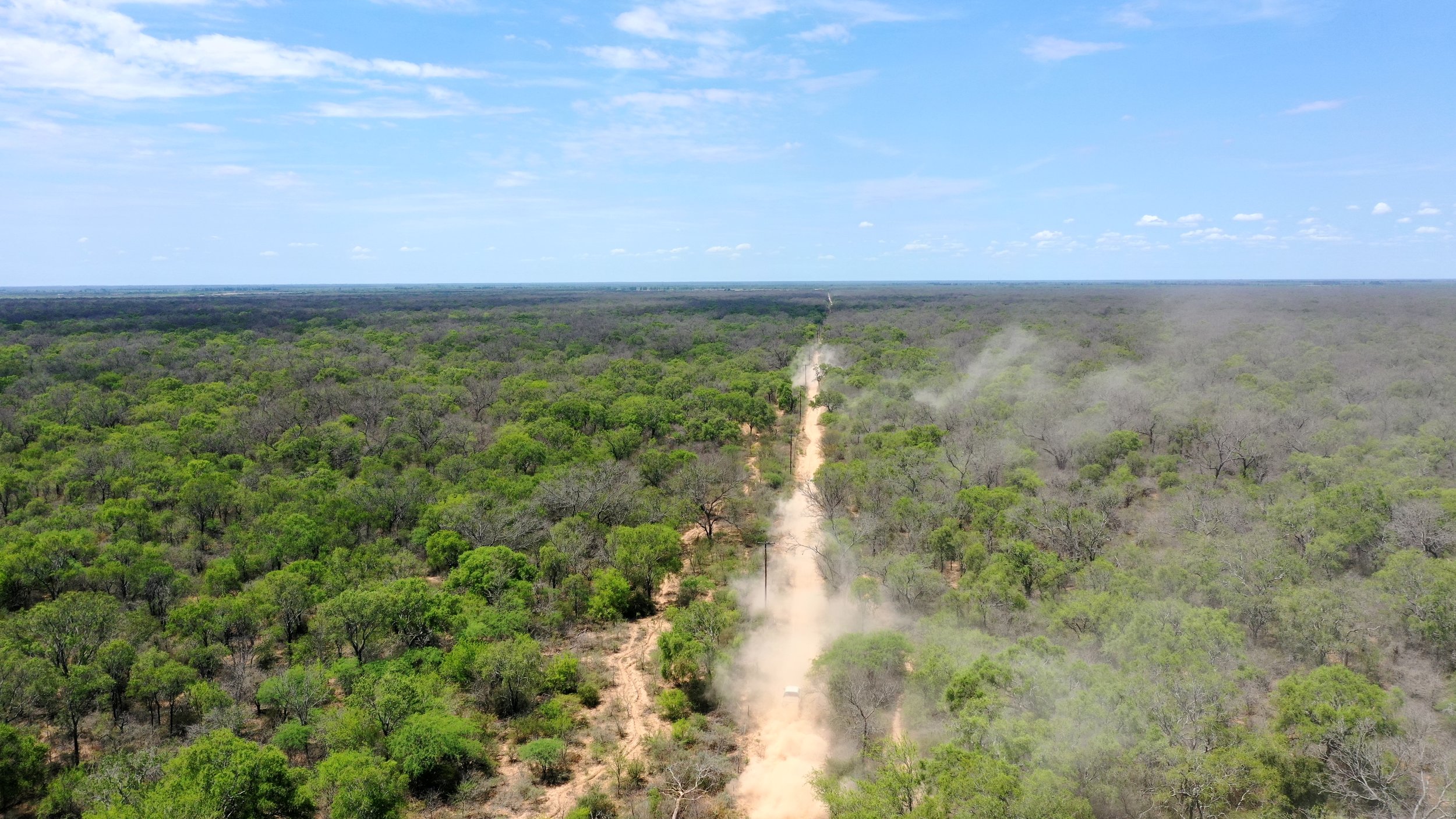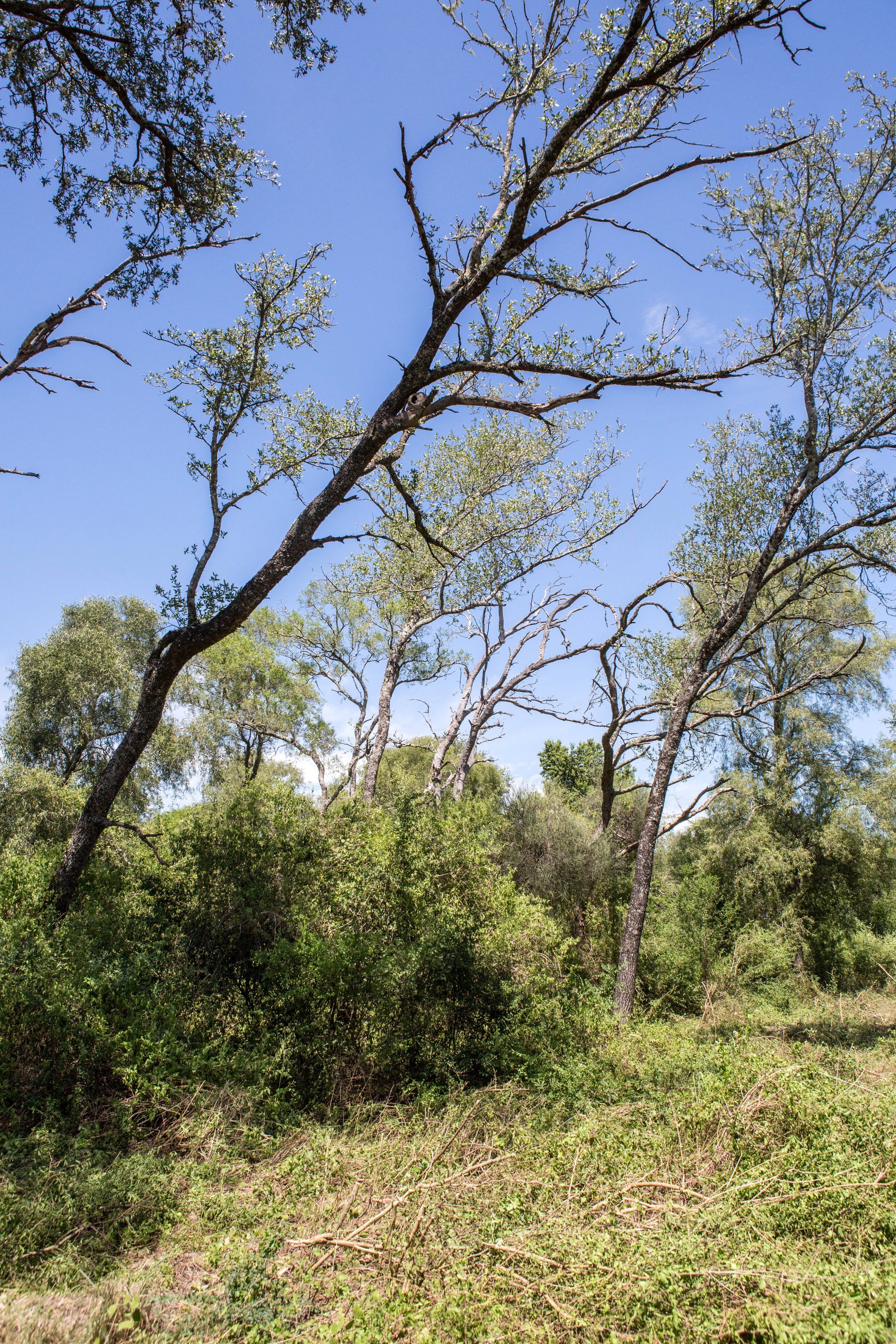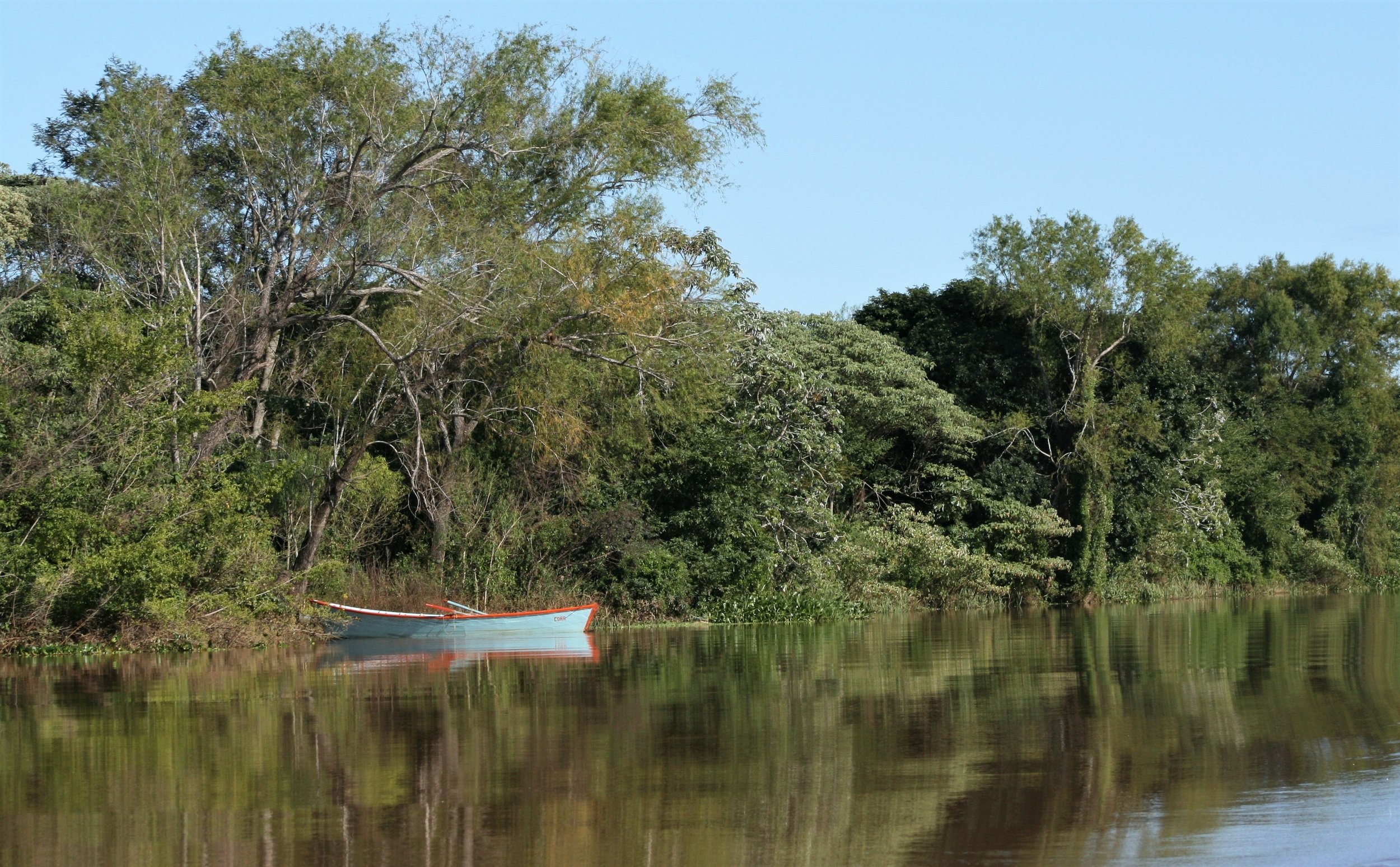Three countries, a single biome, sharing sustainable development as their common goal for the Gran Chaco
Event organized by Solidaridad with support from the Land Innovation Fund launches a platform for multistakeholder dialogues in the region.
One of the Land Innovation Fund's priority biomes, alongside the Cerrado and the Amazon, the Gran Chaco has become a global deforestation hotspot. Since the 1990s, and especially since 2000, the Americas’ largest dry tropical forest has experienced one of the world’s highest rates of deforestation, due to growing pressures to convert natural ecosystems into farmland, especially for cattle ranching and soy plantations. Challenges and priorities for integrated and responsible agricultural development in the region were at the center of a multisector meeting for sustainable soy, held by Solidaridad on November 24. The event was the high point in a project to develop and strengthen a platform for dialogue among various stakeholders, to produce a positive agenda for soy in the Gran Chaco region, led by Solidaridad with support from the Land Innovation Fund.
Covering a region of approximately 850,000 km2, in areas of Paraguay, Bolivia, Argentina, and a small part of Brazil, south of the Pantanal (9,000 Km2), the Gran Chaco is one of the regions of greatest environmental and biological diversity on the planet. Since the 1990s, however, and especially since 2000, the biome has undergone one of the world's highest rates of deforestation – more than 29,000 km2 of native vegetation lost from 2010-2018, and 142,000 km2 from 1985-2013, according to NASA data – caused by the expansion of agriculture to meet growing demand for commodities like soy in the international market.
Despite sharing the same territory and a common culture, Argentina, Bolivia, and Paraguay each have their own laws, with different impacts on agriculture and conservation in the Gran Chaco. Throughout 2021, representatives from the public, private, and productive sectors of the three countries participated in a series of multi-sectoral meetings organized by Solidaridad to raise and discuss natural resource planning and management solutions for all three countries, to contribute to a deforestation-free soy production chain in the biome.
"Solidaridad's project, to build strong multistakeholder platforms in Argentina, Bolivia, and Paraguay, is helping to forge a regional innovation landscape for sustainability, with room for dialogue and integration among the various players in the soy chain and a potential for building a portfolio of complementary solutions for environmental conservation and responsible farming. The initiative also expresses the Land Innovation Fund's commitment to address priority issues on the international agenda focused on ending deforestation and the conversion of native vegetation," said the Land Innovation Fund's director, Carlos E. Quintela.
“The initiative expresses the Land Innovation Fund's commitment to address priority issues on the international agenda focused on ending deforestation and the conversion of native vegetation," said the Land Innovation Fund's director, Carlos E. Quintela.
For Argentina, the meetings highlighted the importance of strengthening the government's capacity to oversee its Forestry Law and the need for technological tools to enforce it, such as the VISOR territorial monitoring system. In Bolivia, the focus was on strengthening public institutions and civil society to improve land use and zoning policies and on tools to enhance environmental monitoring and digital procedures for environmental licensing. In Paraguay, where soy production is starting to expand, the dialogues converged around strategic planning by the Association of Farmers for a Sustainable Chaco (APACS), to promote and foster technological and organizational innovation for rural development. Brazil’s proposal is to reinforce the grain's local economic potential as part of a sustainability agenda, if grown primarily in degraded pasture areas, as a complement to cattle raising and in rotation with other crops. As a cross-cutting, complementary activity, participants also charted the gender situation in the agricultural sector in Argentina and Bolivia, to enable training activities and increase the presence of women throughout the region's production chain.
"With this multistakeholder platform, Solidaridad and the Land Innovation Fund are building a regional agenda aligned with global sustainable agriculture agendas, with no deforestation or conversion of native vegetation. Our take-home is the challenge to keep pushing for sustainable production within a consensus embracing legal and regulatory compliance, environmental and labor responsibility, respect for local communities, and economic viability and inclusion for the region," says Agustin Mascotena, program manager at Solidaridad Argentina and Bolivia.
ABOUT THE LAND INNOVATION FUND:
The Land Innovation Fund works with strategic partners in Argentina, Bolivia, Brazil, Paraguay and Uruguay through funding, technical assistance and partnerships to ensure that soy used in the region is produced responsibly. The Land Innovation Fund supports innovation for higher yields with sustainable practices, mechanisms and approaches, encourages farmers to conserve and restore native forests and plant cover, and mobilizes networks and resources to transform the soy supply chain.
The Solidaridad Network, an international non-profit organization with more than 50 years of experience, operates in over 40 countries promoting socially inclusive, environmentally responsible, and economically profitable value chains in the fields of agriculture and small-scale mining. It works to accelerate transitions to inclusive, low-carbon farming, for food and climate security in each country and the world. It seeks partnerships and innovative solutions with governments, organizations, cooperatives and companies to help farmers and ranchers produce better, with less impact on the climate. Its mission is to ensure a transition to sustainable and inclusive economies, maximizing benefits for people and the planet.





